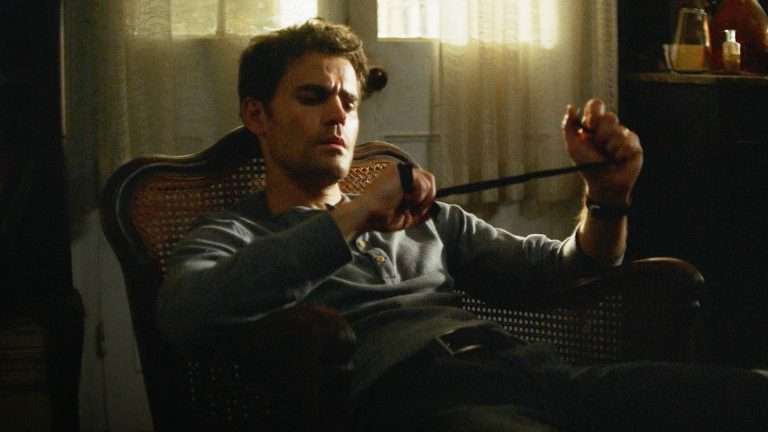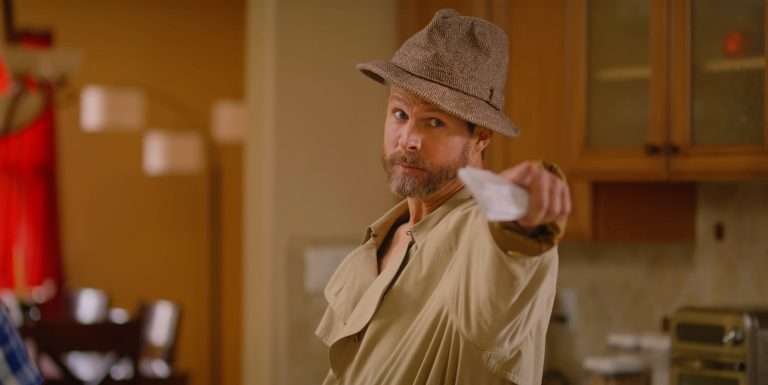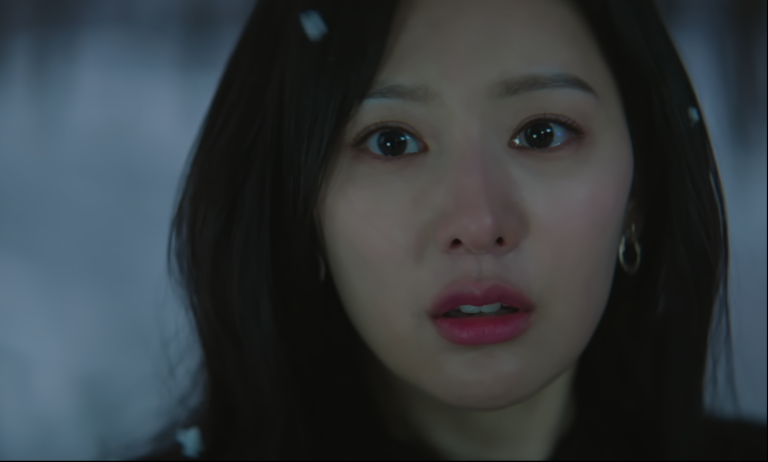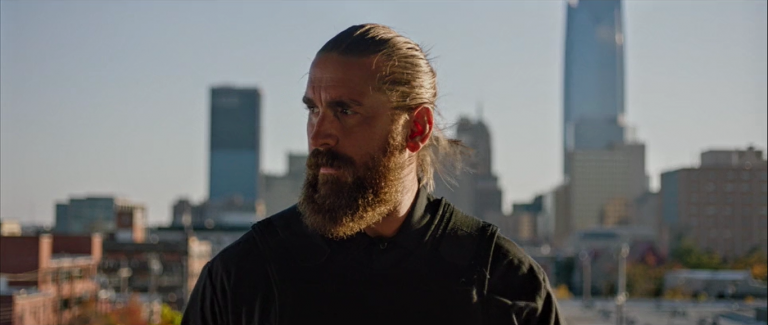‘Slow’ focuses on the theme of communication’s importance in a romantic relationship. Elena, a modern dancer, meets Dovydas, a sign language interpreter, and as they try to understand one another’s modes of expression, their relationship goes through stages of stumbling or evolving. Written and directed by Marija Kavtaradze, her sophomore feature succeeds in imbuing a sense of organic quality through a fluid narration style. Instead of being another rudimentary plot-driven romance aiming toward the triumph of two soulmates, it focuses on its characters and developing their wants and needs to understand them truly.
Elena is much more open about expressing her sexual desires and acting upon them. Dovydas, on the other hand, is asexual. This revelation feels like a hiccup when their relationship shifts from platonic to romantic. While not explicitly addressing it like a lecture, the script subtly reflects upon our perception of romance always being clouded by carnal desires. Being upfront about sexual desires or feelings of intimacy is fine, but not having them is still frowned upon and is difficult for most people to understand. With a casual dialogue between the two about these choices, we share how there is more than one way to communicate intimacy – more than one way to use language.
We see him having learned sign language to be able to speak with his brother, even when his parents considered a ‘recovery’ for him. After all, a relationship is also about taking steps for the ones you love and hold dear. When he and Elena try to navigate their bond despite the difference, a new pattern of communication emerges that lets them express their feelings. Being a dancer, movement is a language in itself for her, and the film ingeniously uses this aspect to its maximum potential. The unexpected bursts to show off her dancing rehearsals don’t feel abrupt or jarring in the slightest because it is so kinetically charged.
These movements rather help convey what she feels at any particular phase. You sense this muscular energy derived from a masterful execution coupled with highly committed performances by the leads. Greta Grineviciute and Kestutis Cicenas are astonishing as the film’s central pair and portray the intricacies of their tormented characters with utmost authenticity.
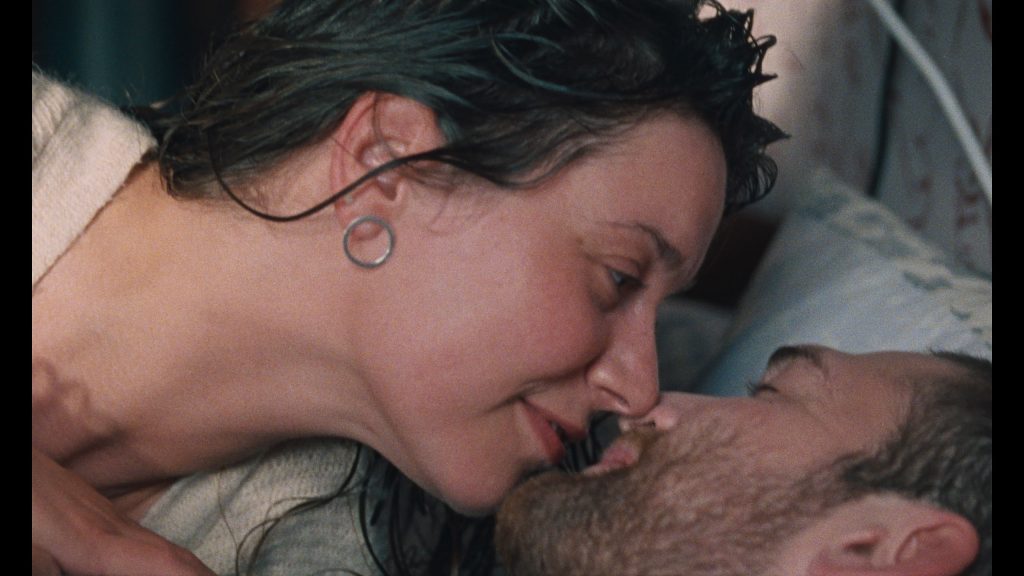
If not for the performers, who make us completely believe in their organic spontaneity and chemistry, their discussions’ breezy, free-flowing style would have been lost in translation. It’s hard not to fall head over heels for these messy people because they make us feel their characters’ magnetic pull for one another.
This Lithuanian film is mostly conversational, but the occasional drifting adds to the authenticity. The dialogues reflect their character traits, what pulls, pushes, and drives them, and what makes them feel valued. The struggle in their relationship, after all, is the same. Her mind’s tussle is finding a balance between her promiscuous past and her close-knit yet sexless present. For him, in being able to reach a semblance of normalcy for his choices while satisfying her. Much of their solutions are based on the aspect that is essential to any relationship. Nonetheless, the film manages to reveal different facets of this well-known territory.
The camera lingers around its characters while giving the actors enough space to work on what appears to be their improvised movements. Laurynas Bareisa, the cinematographer, investigates the emotional and physical distances that make the visual narration feel valued. Dovydas’ playful request for Elena to dance with him at his brother’s wedding makes for one of the most endearing sequences with clever use of space. On the other hand, the camera stays up close when she is dancing during their emotional conflicts.
Careful attention is given to portray the ever-elusive nature of love, where the need for it to be effortless while also making efforts to make it work causes all the complications. ‘Slow’ considers these issues and finely illustrates how companionship requires more than just attraction. It does so in a much more perceptive and mature manner.



